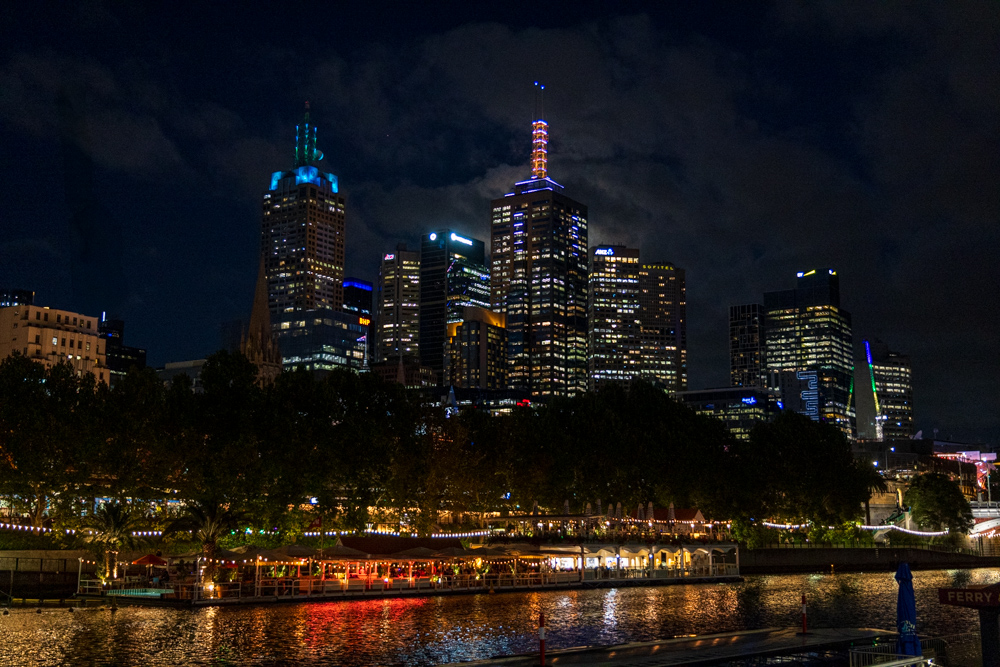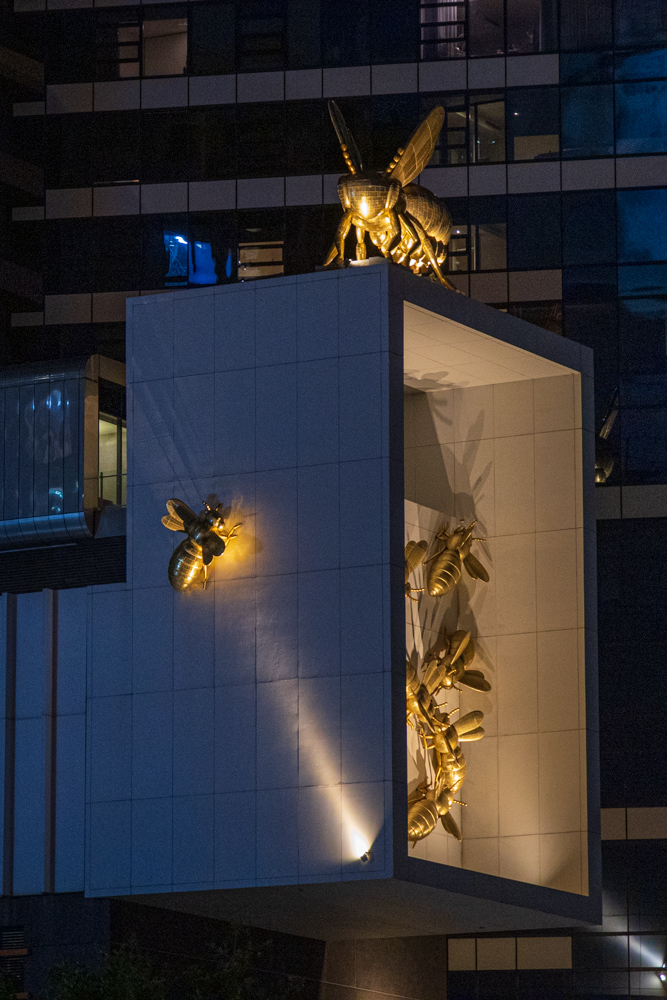Monday, 10 February 2025 - Today we travel along the coast below Melbourne.
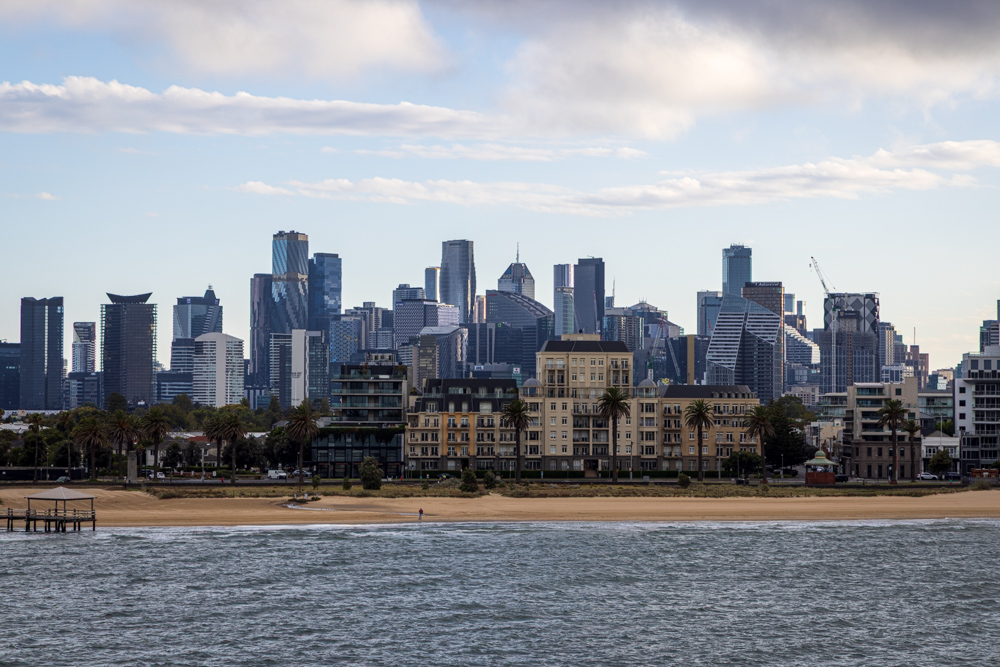
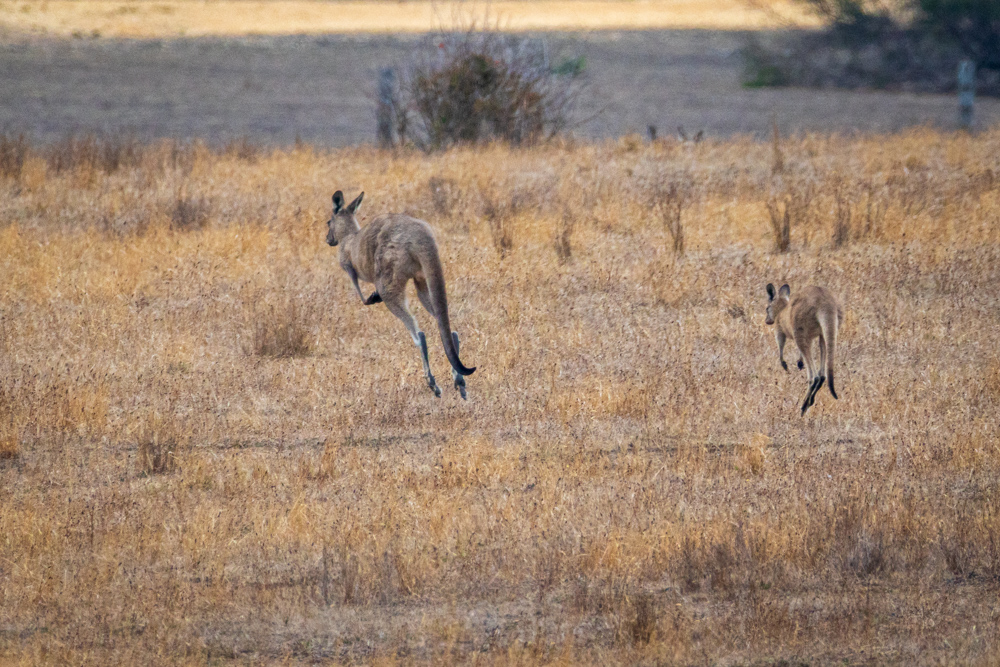
The guide takes us to a field where he thought there might be kangaroos, and there are! These Eastern Grey Kangaroos are far away. The mother is on the left, and the young kangaroo is on her right.
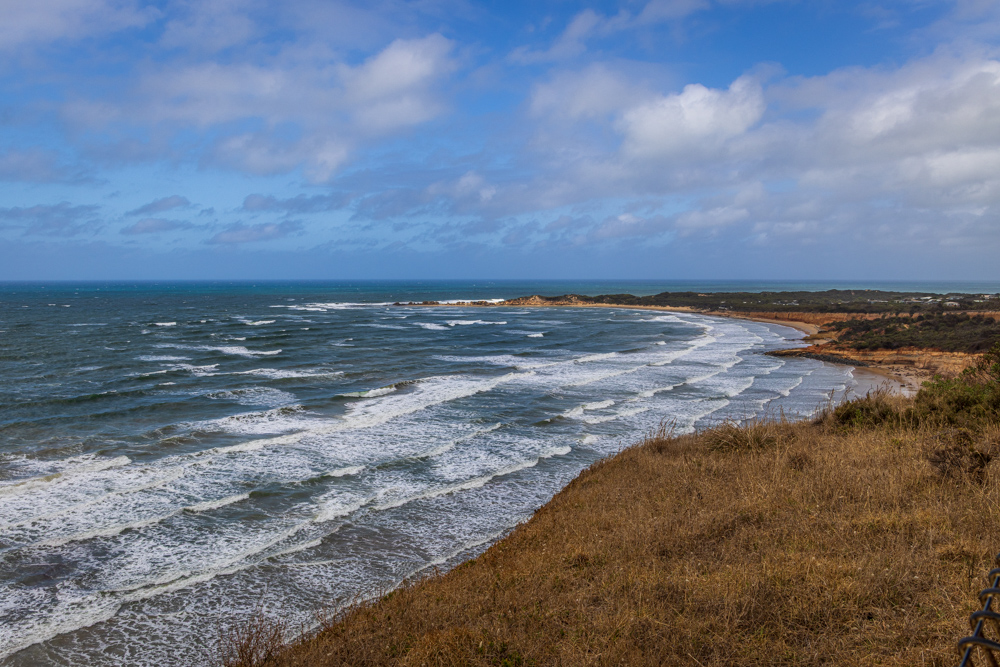
The Lorne-Queenscliff Coastal Reserve.
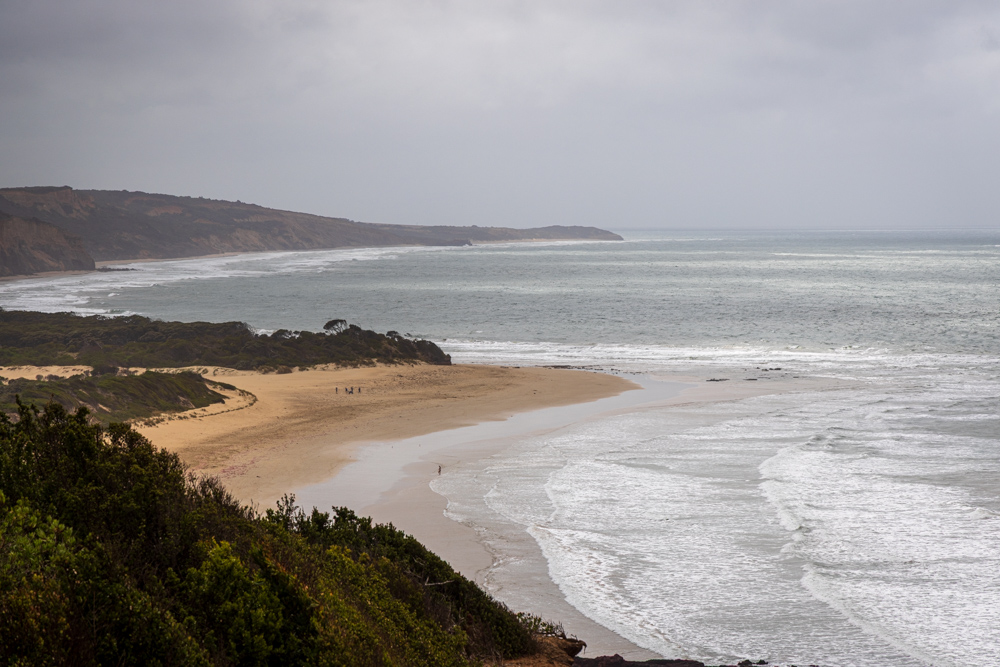
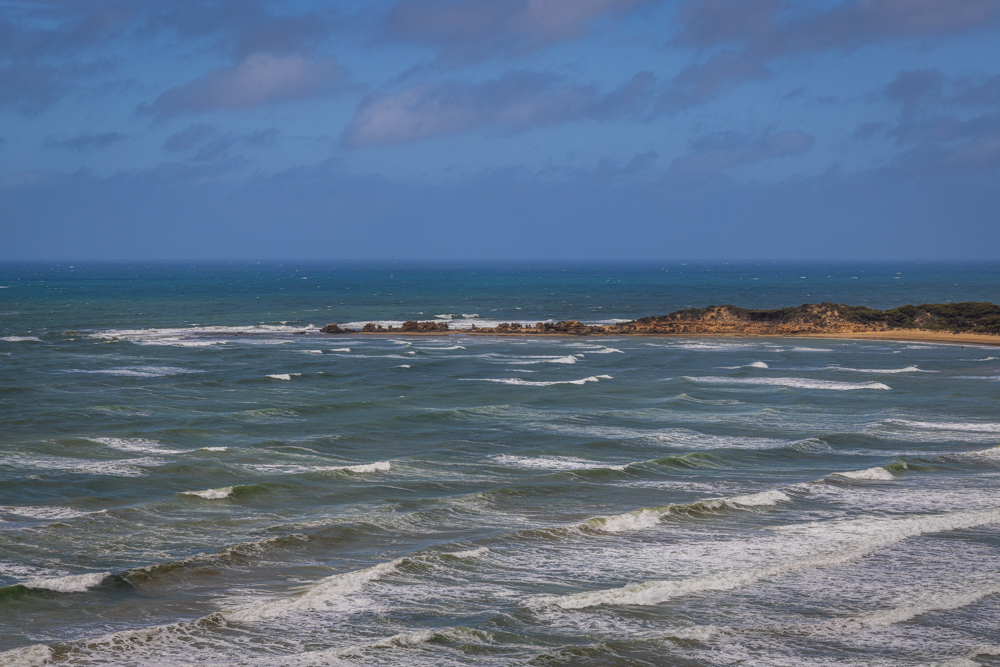
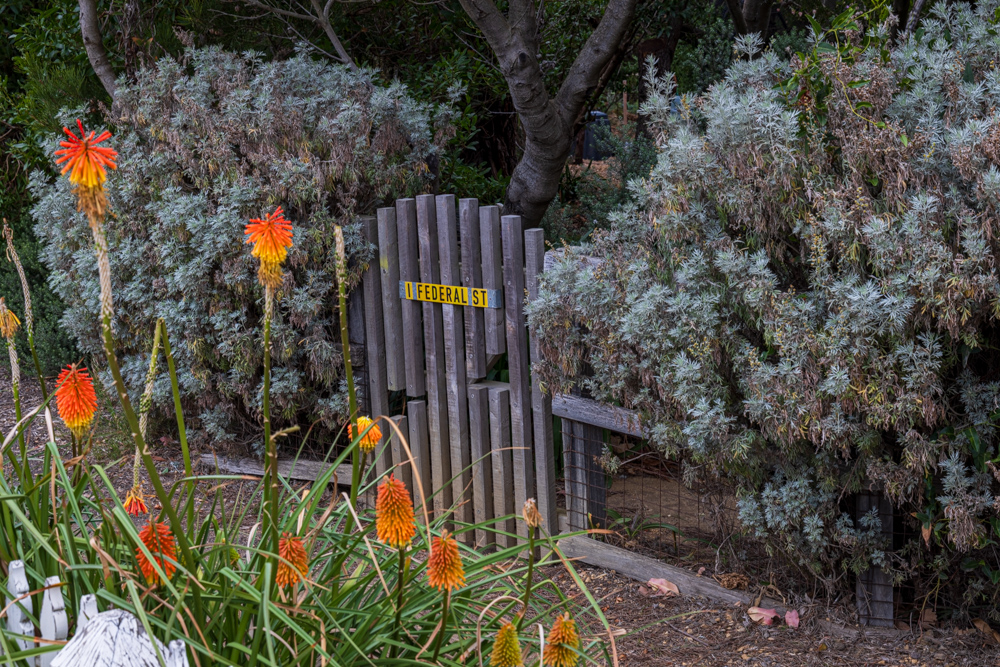
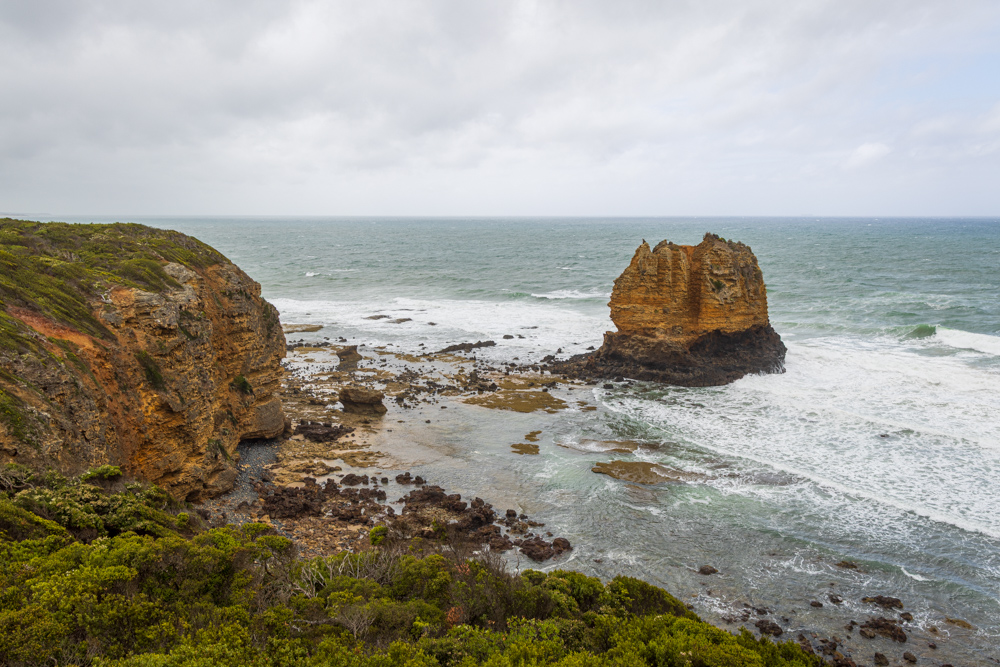
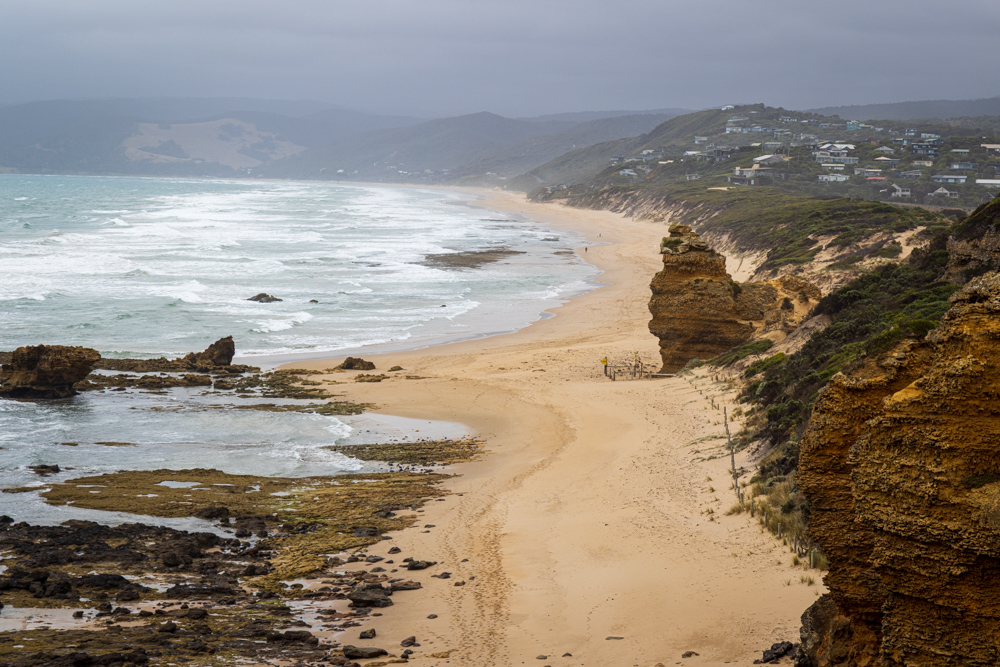
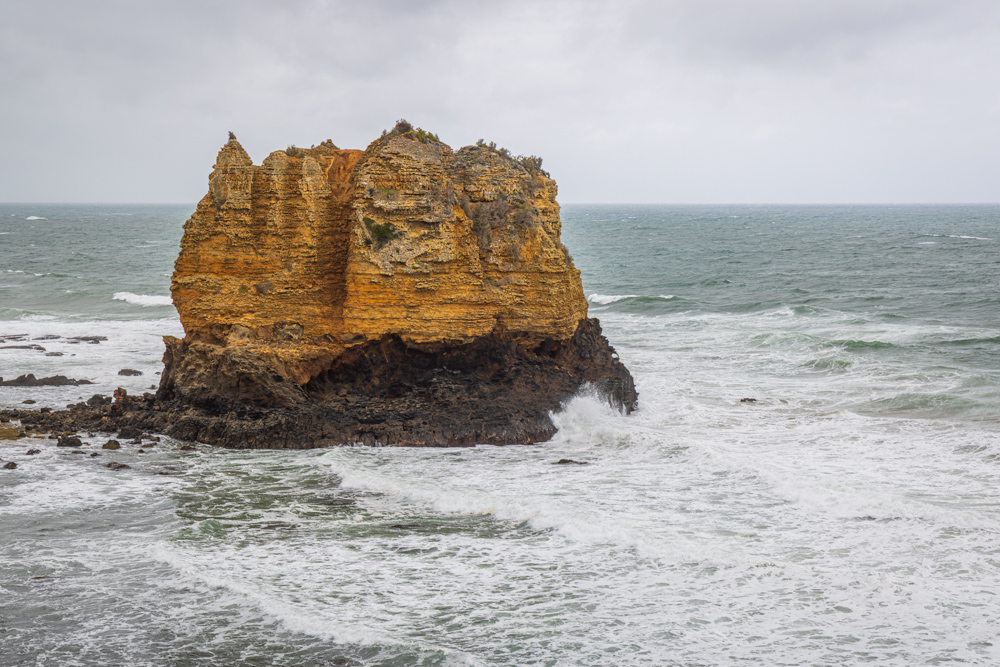
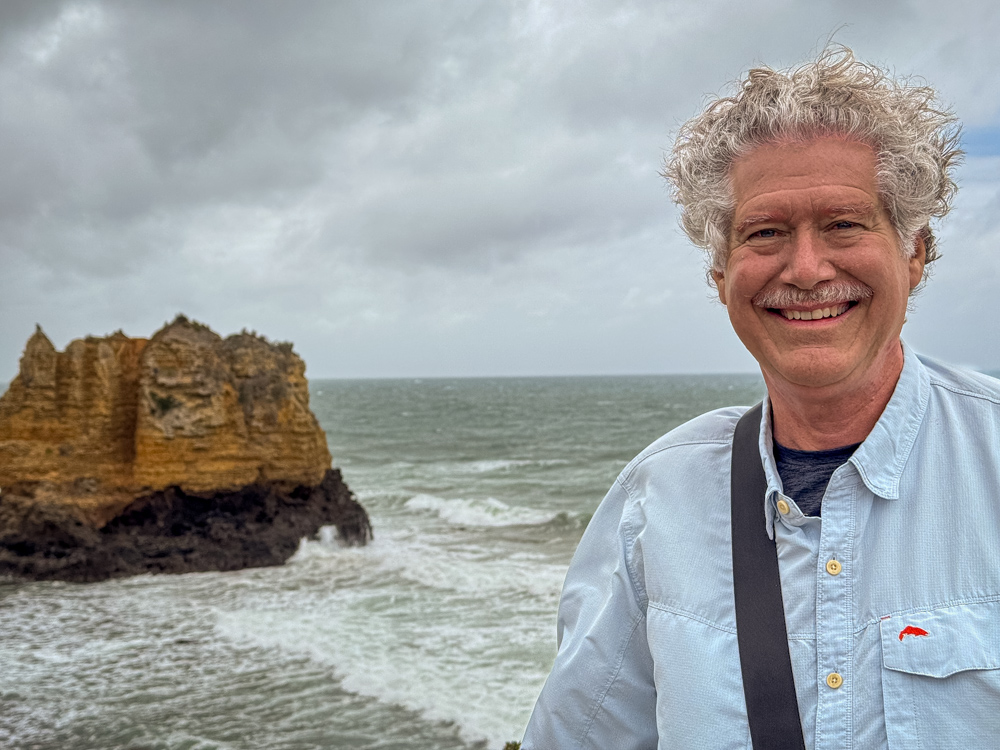
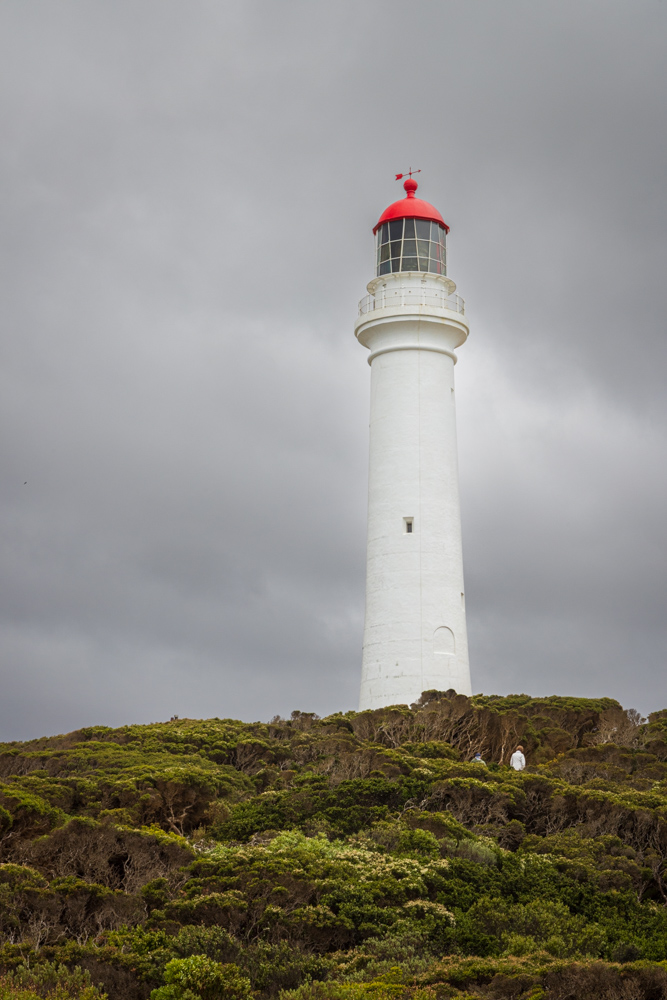
Virginia Ann is the small white dot making her way to the lighthouse.
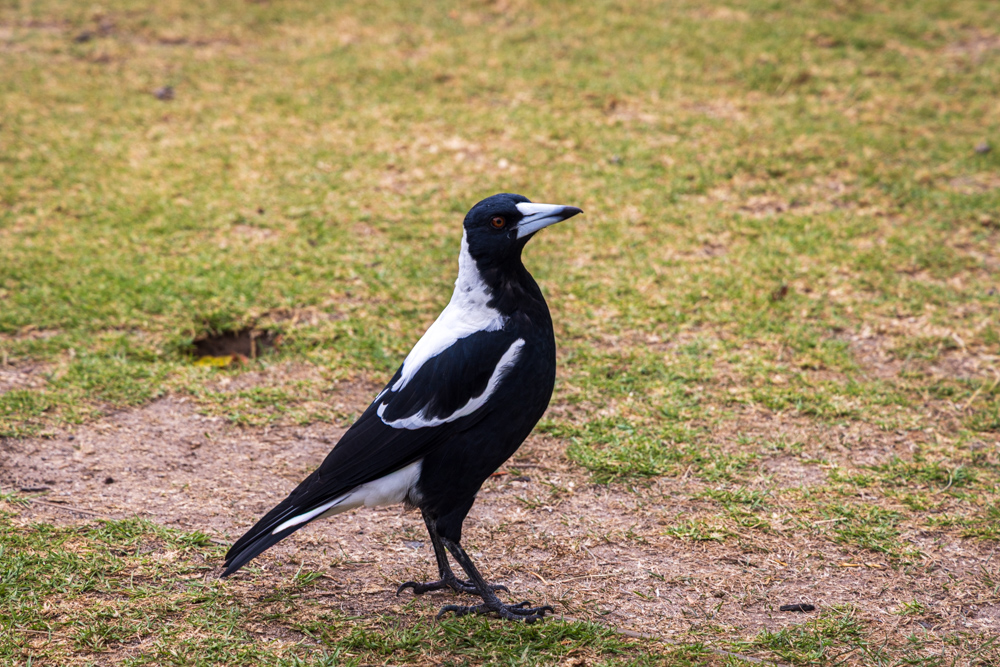
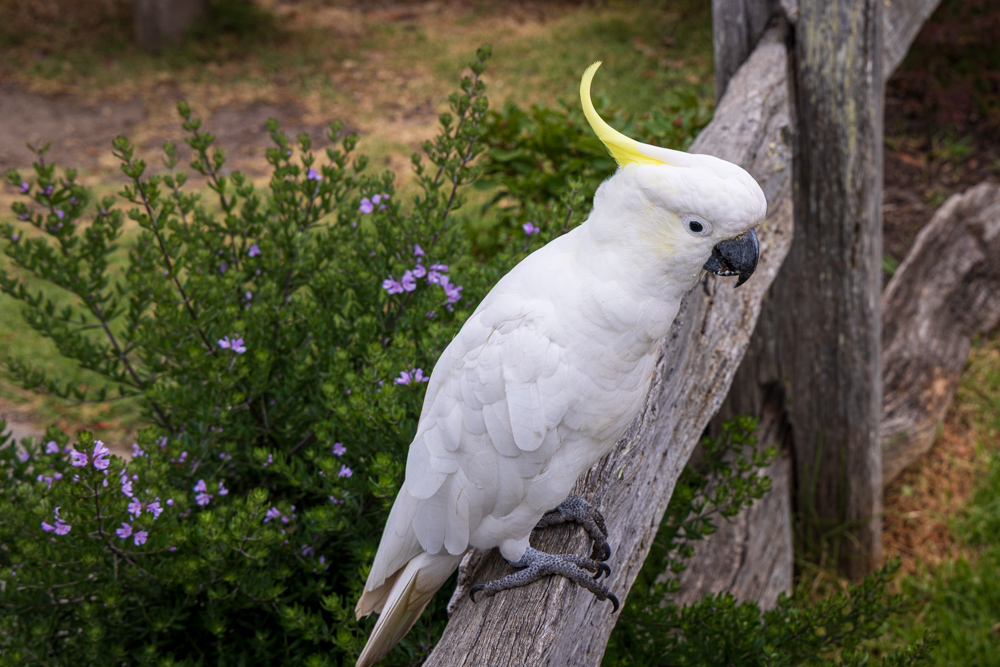
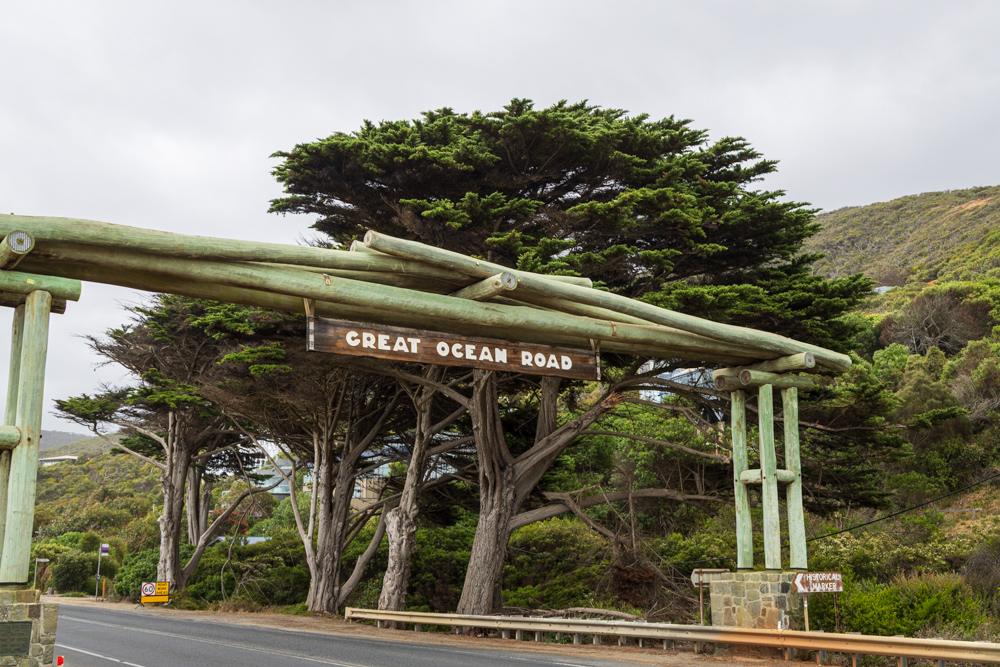
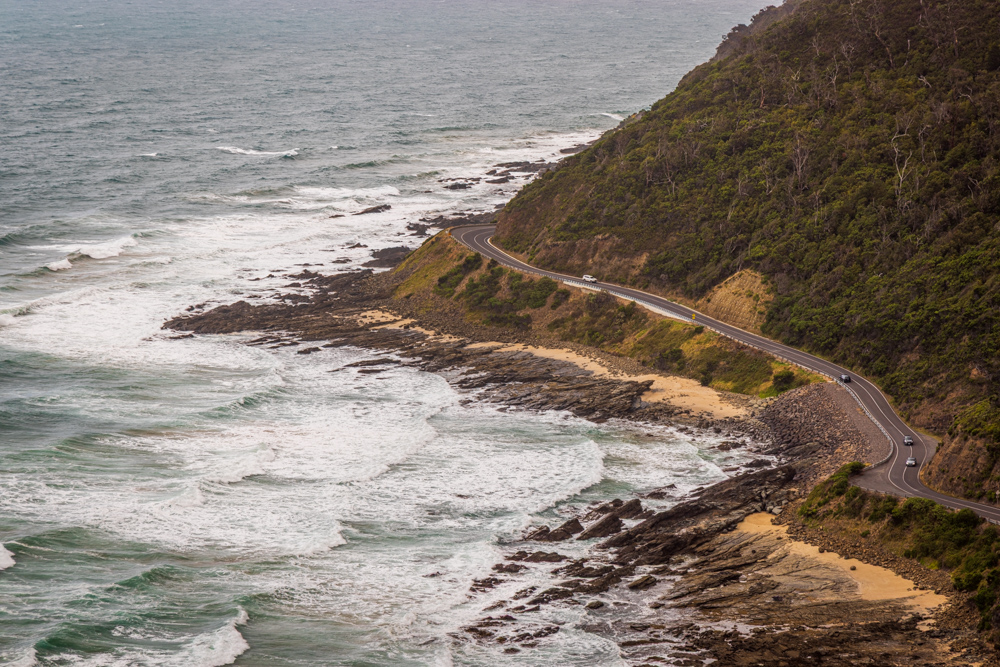
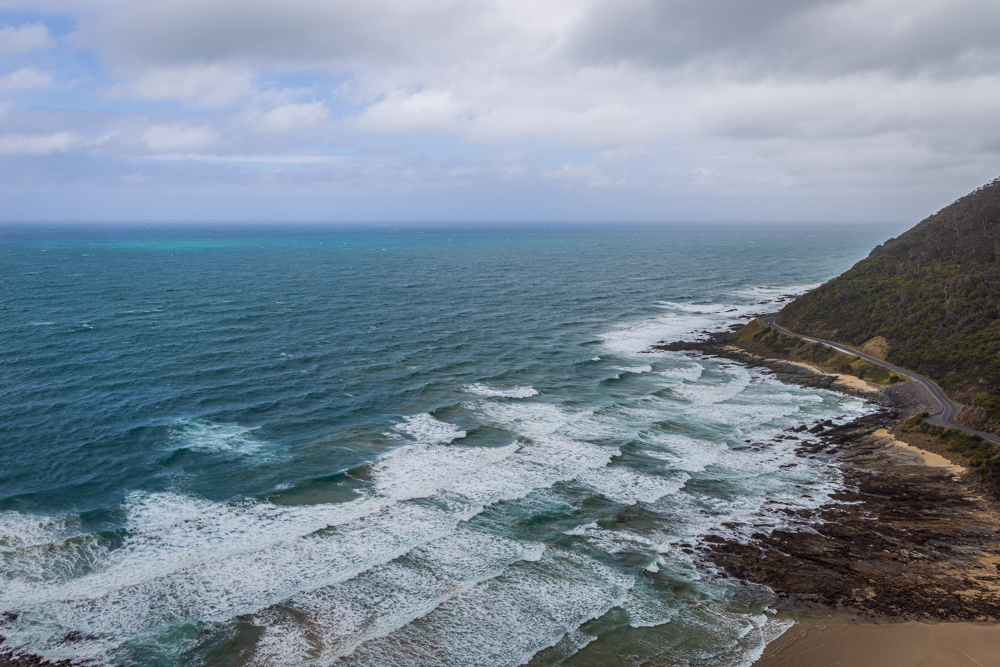
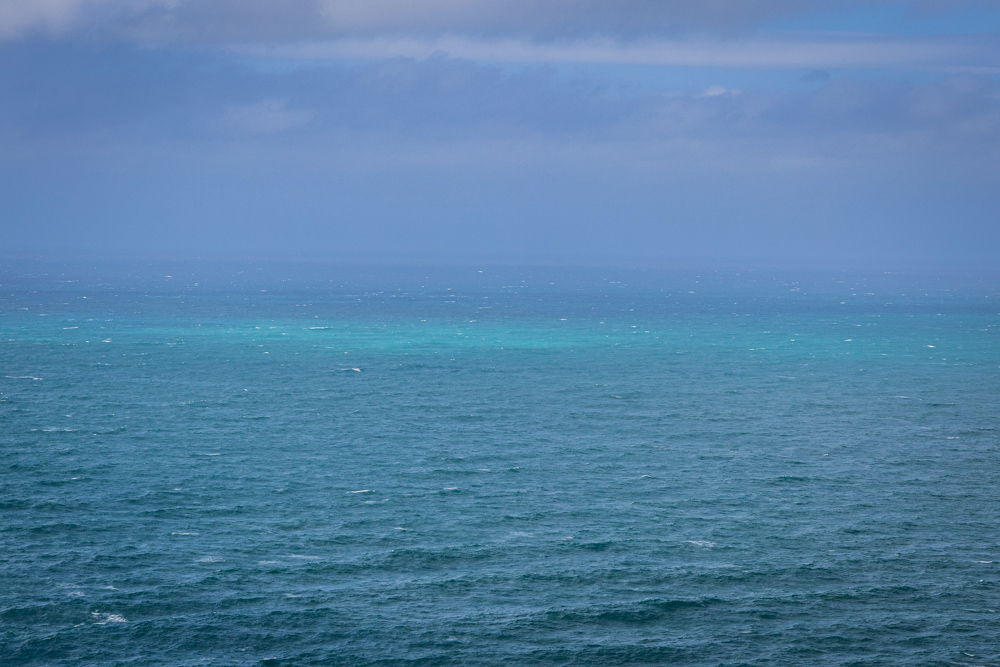
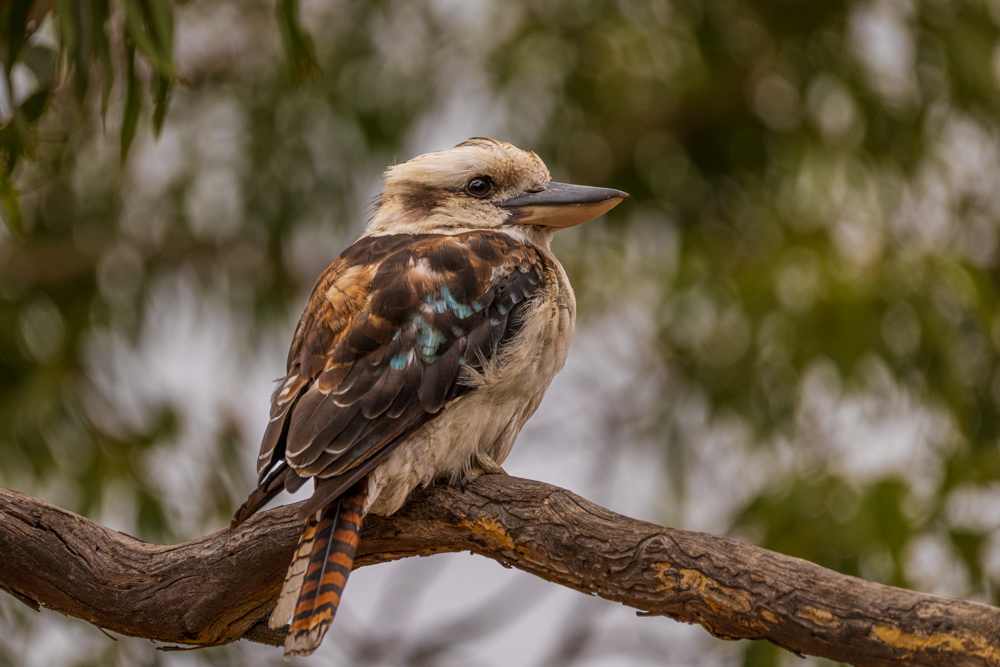
The bird is in the family of the Kingfisher and is monogamous, retaining the same partner for life. The name "laughing kookaburra" refers to the bird's call, which sounds like a laugh and is used to establish territory among family groups. It can be heard at any time of day, but most frequently at dawn and dusk. One of our travelers, Tricia McDonald, reminded us of the nursery rhyme lyrics, "Kookaburra sits on the old gum tree, Merry merry king of the bush is he. Laugh, Kookaburra, laugh, Gay your life must be!"
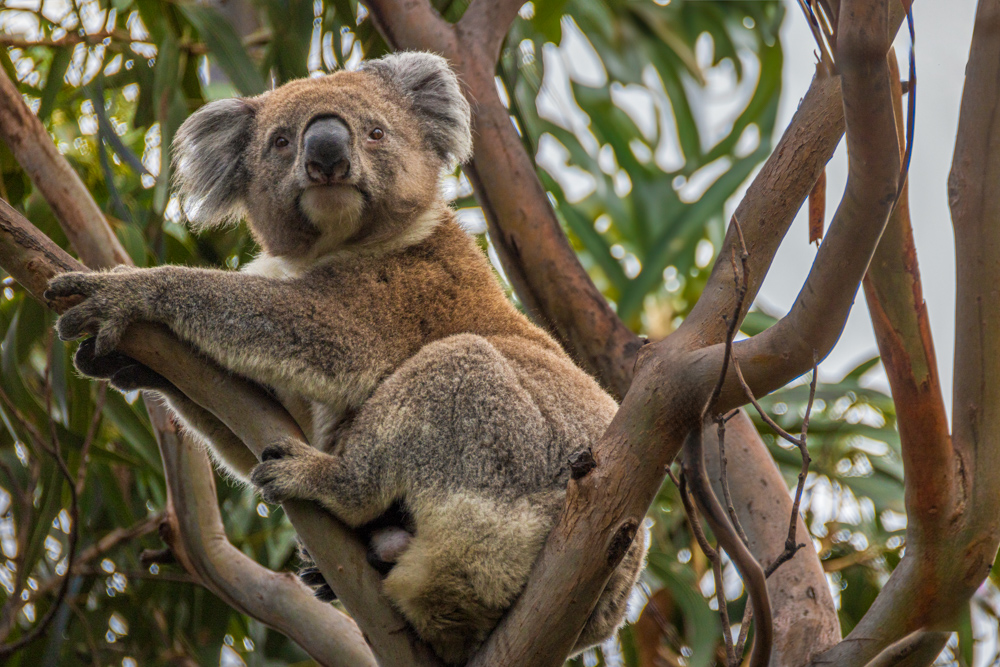
Koalas are largely sedentary and sleep up to twenty hours a day, much like our beagle.
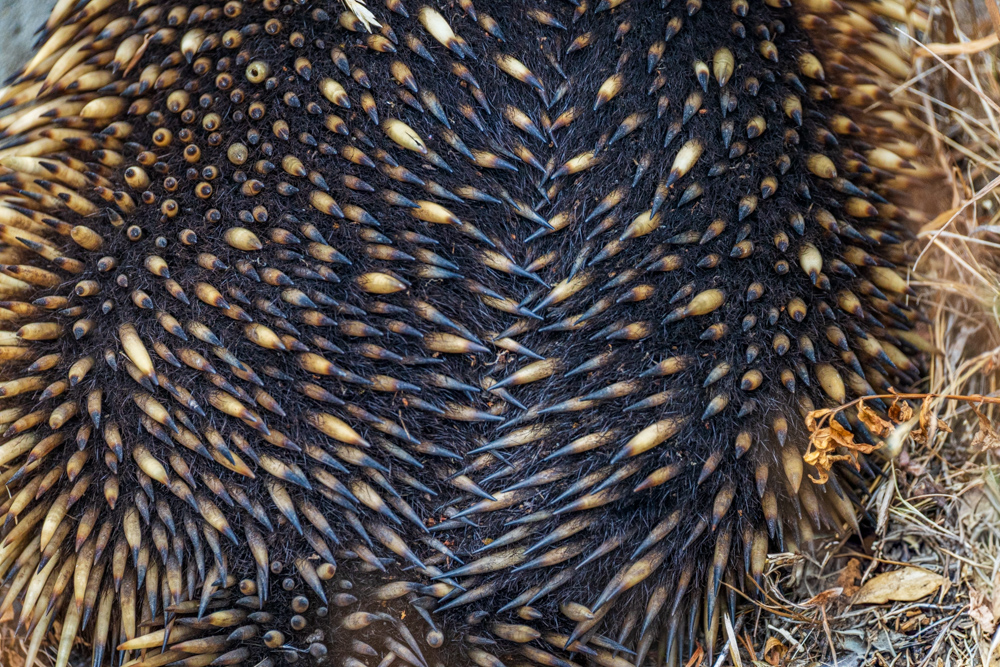
Insulation is provided by fur between the spines, which range in color from honey to a dark reddish-brown and even black; the underside and short tail are also covered in fur.
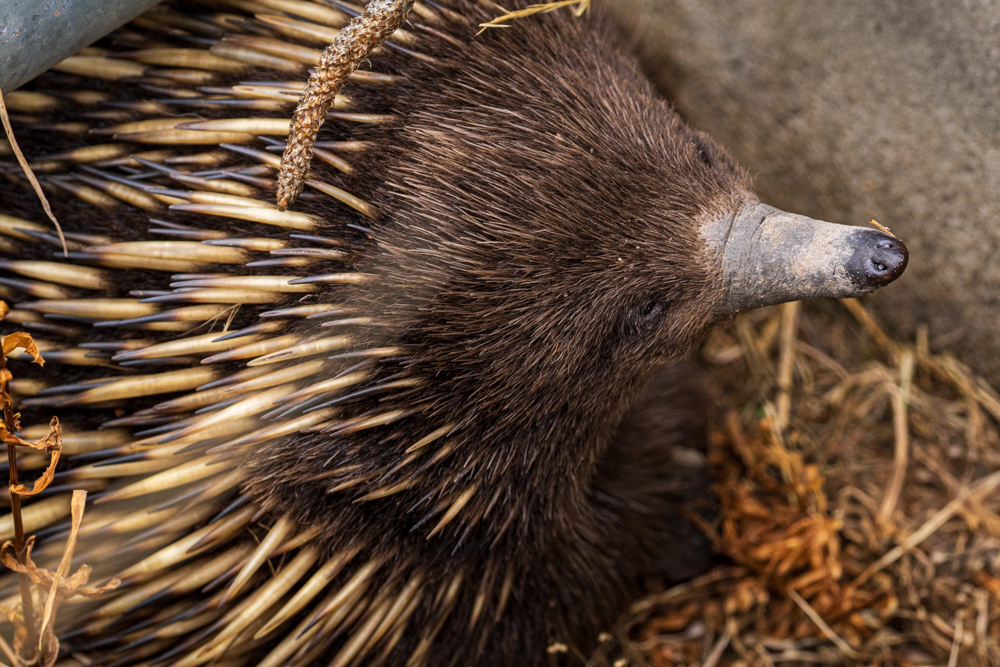
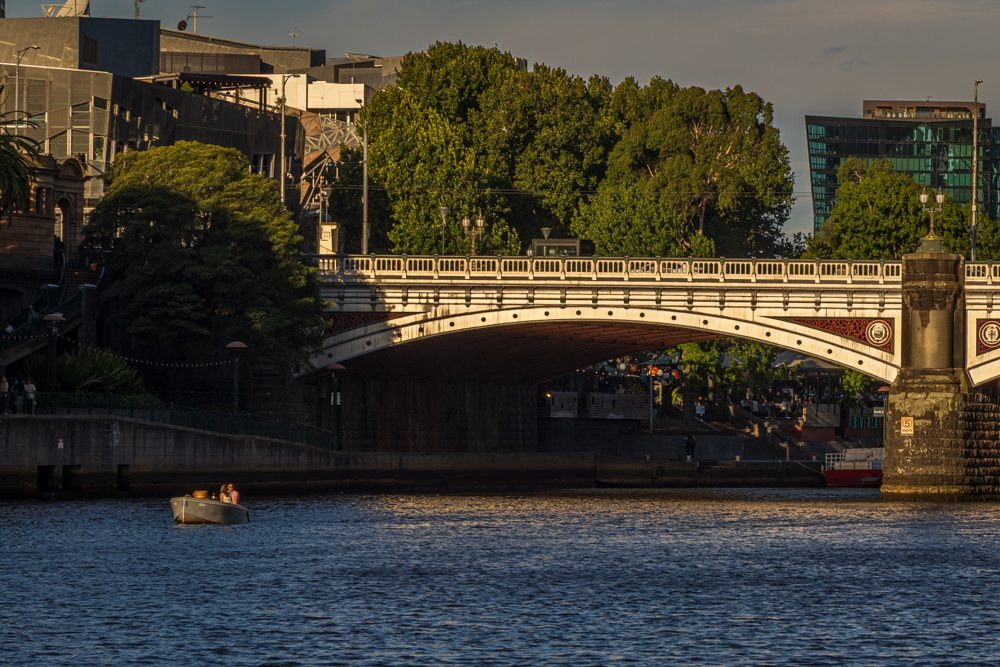
The Yarra River flows through downtown and is why the town was founded.
